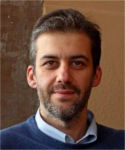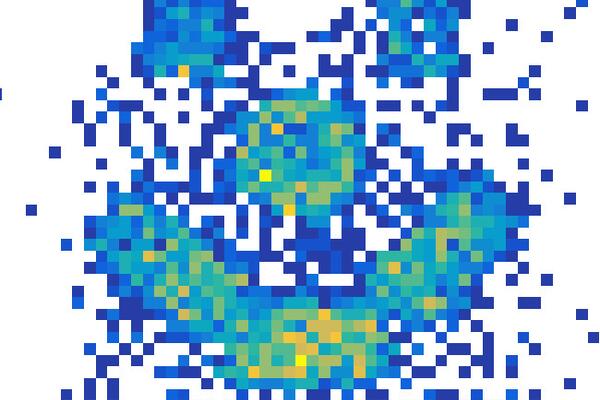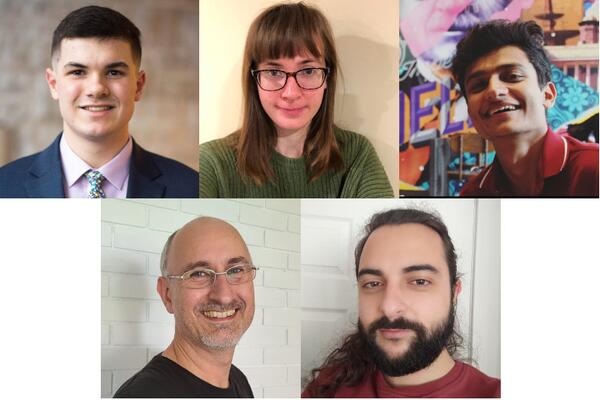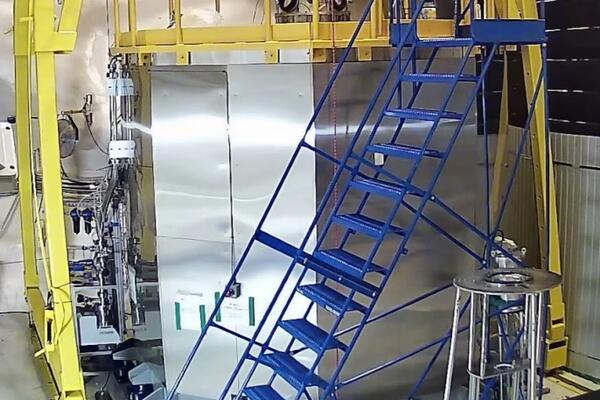As year 2019 started, three members of the NEWS-G collaboration got granted with different awards for their outstanding research projects.
Quentin Arnaud, former member of the Queen’s university team, and Ioannis Katsioulas, from the IRFU CEA Saclay team, both received a Marie Skłodowska Curie Individual Fellowship. The goal of the Individual Fellowships is to enhance the creative and innovative potential of experienced researchers, wishing to diversify their individual competence in terms of skill acquisition through advanced training, international and intersectoral mobility. The grant is awarded to scientists of different disciplines from around the world and is considered to be among Europe’s most competitive and prestigious awards, aimed at supporting the best and most promising scientists.

Quentin successfully stood out with the SELENnews-g-collaboration-queen's-university-quentin-arnaudDIS project, with a total score of 95.80%. The goal of this research project is to design, develop and operate a novel direct detection technology called SELENDIS (Single ELEctron Nuclear recoil DIScrimination), to reach sensitivity to low-mass Dark Matter particles down to 100 MeV/c2 with the unique capability of distinguishing nuclear recoils and electronic recoils down to a single electron/hole pair. SELENDIS will consist of an array of two 30-g Si and Ge cryogenic bolometers operated at a high voltage, and will be hosted at IPNL (Lyon, France).

Ioannis was awarded for the Dark Sphere project, aspiring to shine a light on the nature of Dark Matter, with the NEWS-G direct detection experiment that focuses on an as of yet unexplored mass range (0.1 to 10 GeV/c2). Beyond use in fundamental physics research, the detector concepts relevant for DarkSphere have potential for industrial and medical applications, which are also explored. The project has a duration of two years and will be hosted at the University of Birmingham (UK).

Moreover, Konstantinos Nikolopoulos, from the University of Birmingham team, was awarded the 2019 Blavatnik Award for Young Scientists in the United Kingdom in the area of Physical kostas_awardSciences & Engineering, in recognition for leadership of and personal contributions to a subgroup of approximately 100 physicists in ATLAS at CERN that made key contributions to the first observation of the Higgs boson. Unlike awards that honor scientists late in their careers, the Blavatnik Awards aim to identify and encourage promising young scientists early in their careers, to help them be in a better position to bolster their early research efforts.
 Queen's Physics Department
Queen's Physics Department

